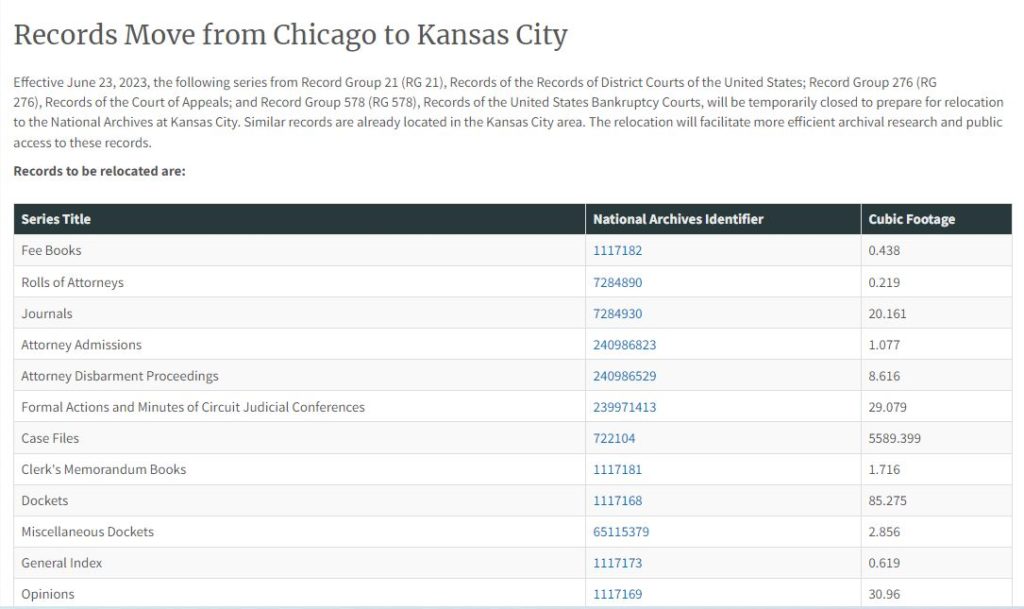If you have read my blog posts before, you know I am a strong advocate for continuing education in genealogy. Heck, in many professions, continuing education is a must. Doctors, nurses, dentists, teachers, realtors, social workers, pharmacists, paramedics, plumbers, and many other occupations either recommend or require it. The number of genealogists (some who consider themselves beyond a beginner) who ask basic questions on some websites and in various Facebook genealogy groups continues to astound me when knowledge is so easily available. Classes, webinars, seminars, institutes, books, websites, and more are everywhere. Check used bookstores. For just the U.S., Google genealogy or genealogical society and the name of the county or state where you live. Then do the same for places where your ancestral families resided. Peruse their websites to learn about education opportunities.
MANY offer FREE or low-cost education, some of which can be attained while sitting at home wearing your slippers or robe. Maybe you have an hour or two while your child is taking a nap or is at school. Maybe you need something in the evening or on a day off from work. It’s everywhere. My home society, the Minnesota Genealogical Society, offers many educational webinars on a variety of topics for free the first time they are presented.
I have seen or received basic questions or statements like these:
- I can’t find the 1890 census for my state. Which website is the best to check?
- I know that Aunt Ethel died in Illinois but can’t find a death record?
- I have searched and searched online but can’t find Uncle Grover Griffin’s obituary from 1935.
- Where can I find the birth certificate for my great great grandma who was born in 1845?
- FamilySearch is wrong. I don’t trust it. (Apparently that last one means the family tree part, but ignores all the wonderful digitized and microfilmed original city, county, state, provincial, and country records.)
One long-ongoing outlet for education is Legacy Family Tree Webinars. It’s all online and now they’ve gone past 2,000 webinars in its library! I’ve blogged about it before. A one-year membership is only $49.95. Most presentations are free the first time given and for a week after that. The syllabus (handout) for each one is only available to members. Access to every one of those 2,000+ webinars plus syllabi for each is a member benefit!
– Unlimited, on-demand access to all webinars
– New webinars every week
– Access to chat logs and speakers’ handouts
– Advanced navigation of videos with playlists and chapters
– Exclusive section for all webinars you’ve registered for
– Option to bookmark your favorites
– Chance to win door prizes during live webinars
– 5% off anything in the shop
My affiliate link to join is http://legacy.familytreewebinars.com/?aid=1739 The few cents I get if you join via this link goes to help keep this blog going.


